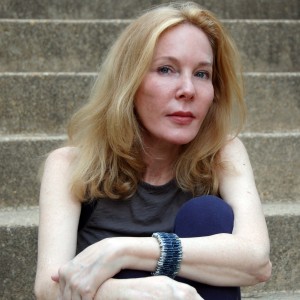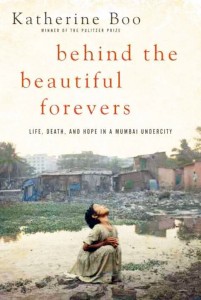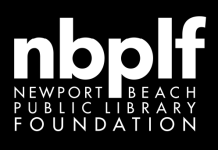 On Thursday, Feb. 13, library patrons will have the opportunity to experience some of what life is like in the slums of India when the Newport Beach Public Library welcomes author Katherine Boo to speak about her book, “Behind the Beautiful Forevers: Life, Death and Hope in a Mumbai Undercity.”
On Thursday, Feb. 13, library patrons will have the opportunity to experience some of what life is like in the slums of India when the Newport Beach Public Library welcomes author Katherine Boo to speak about her book, “Behind the Beautiful Forevers: Life, Death and Hope in a Mumbai Undercity.”
Boo, renowned for her journalistic endeavors for both the Washington Post and the New Yorker, has built a career shining a light on those marginalized populations much of society would rather turn a blind eye to.
After having reported on many such people here in America, Boo, whose husband is an Indian citizen, was inspired to take a closer look at those living in a poverty, unimaginable by American standards, that is just a part of life in the Mumbai slums.
Previously, Boo’s reporting from underprivileged communities has earned her top marks, including a Pulitzer Prize, a National Magazine Award for Feature Writing, and a MacArthur Genius Grant. With honors such as these tallied up in her favor, it should be no surprise that this, her first book, does beautifully for a new community what she has so expertly done before – showcase their humanity, making them not just “Poor Indian People,” but rather, people just like us, with relatable hopes, dreams, joys, and sorrows.
In “Behind the Beautiful Forevers,” Boo tells the story of the people of Annawadi, a large makeshift slum town, comprised of tin roof huts and shacks, which has sprouted up near the Mumbai airport.
Although their home lies in the shadow of ritzy high-rise hotels frequented by international travelers, one boy in the book comments that “everything around us is roses and we are the (expletive) in between.”
Told as narrative non-fiction, Boo was careful to make the story not her own, but those of the people she came to know during her three years in Annawadi. When asked if she found any of the people she met to be representative of other Indians, she commented: “Every day I find myself tripping over connections among those individuals–qualities that transcend specificities of geography, culture, religion, caste, or class. I see so much of myself in the people I write about…My hope, at the keyboard, is to portray these individuals in their complexity—so that readers might find some other point of emotional purchase, a connection more blooded than pity. Maybe somewhere in the book they might even start asking, what would I do, under these circumstances?”
she found any of the people she met to be representative of other Indians, she commented: “Every day I find myself tripping over connections among those individuals–qualities that transcend specificities of geography, culture, religion, caste, or class. I see so much of myself in the people I write about…My hope, at the keyboard, is to portray these individuals in their complexity—so that readers might find some other point of emotional purchase, a connection more blooded than pity. Maybe somewhere in the book they might even start asking, what would I do, under these circumstances?”
Among the people we meet are Abdul, a Muslim teenager who is capitalizing on his proximity to prosperity by making a business out of collecting the recyclable garbage thrown out by those of a higher economic status. Through this work, which most of us would deem to be below us, Abdul sees a “fortune beyond counting,” and a way he can lift up his family’s meager existence.
Boo has previously said of her purpose in writing, “Very little journalism is world changing. But if change is to happen, it will be because people with power have a better sense of what’s happening to people who have none.”
By portraying the full measure of the Annawadian experience, both the transcendent hope the slum-dwellers feel, as well as the almost inhuman despair and societal rejection they face daily, and through her refusal to turn the community she writes about into an easily dismissible caricature, Boo succeeds in opening our collective eyes to the realities of some of our most marginalized world citizens.
For more information about the event, please visit nbplfoundation.org.
For more information about Katherine Boo, please visit behindthebeautifulforevers.com.
Edie Crabtree is an avid reader, and the mother of three active boys. She can be reached at crabmom3@gmail.com, or on the Facebook page, Under Cover Book Corner.




